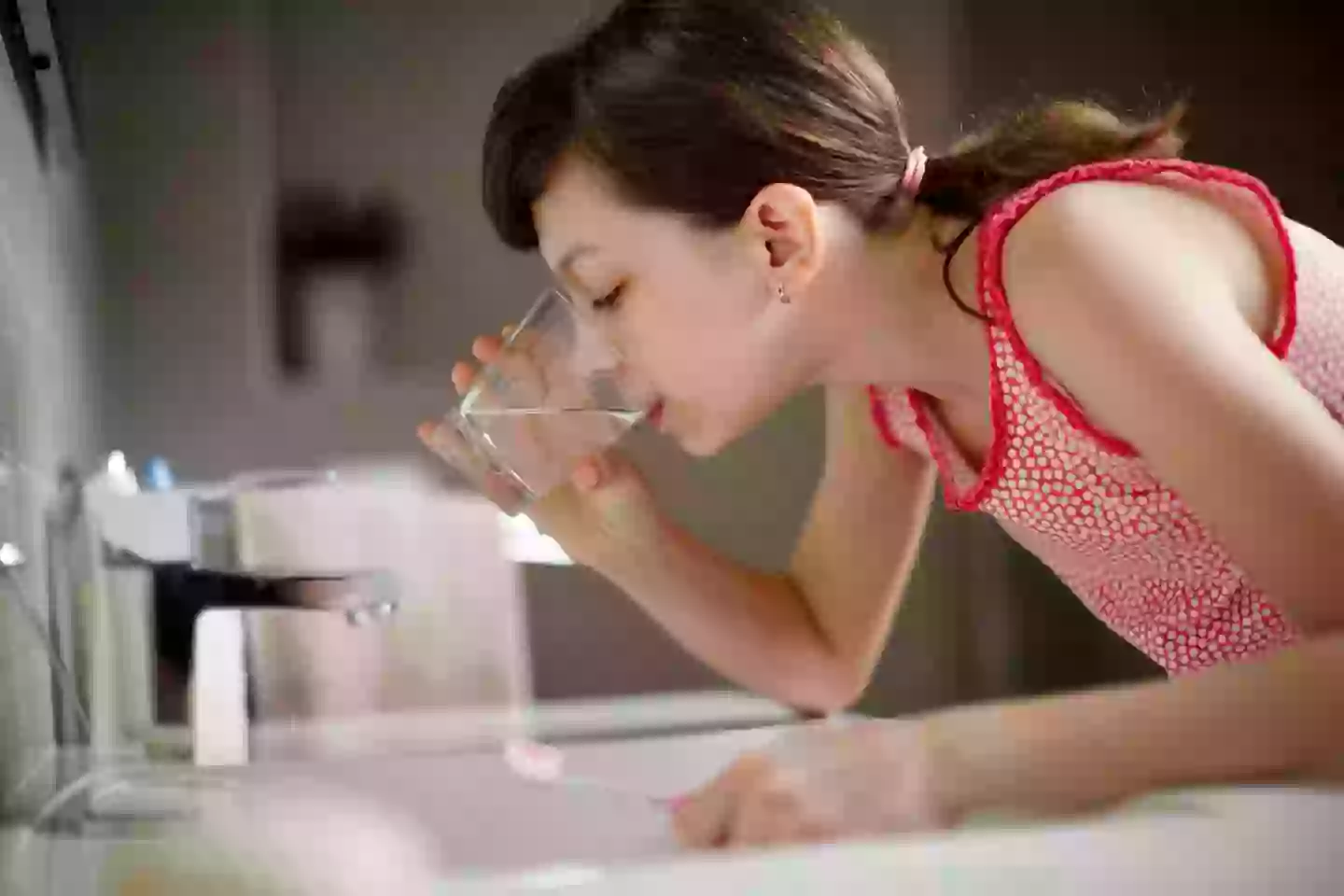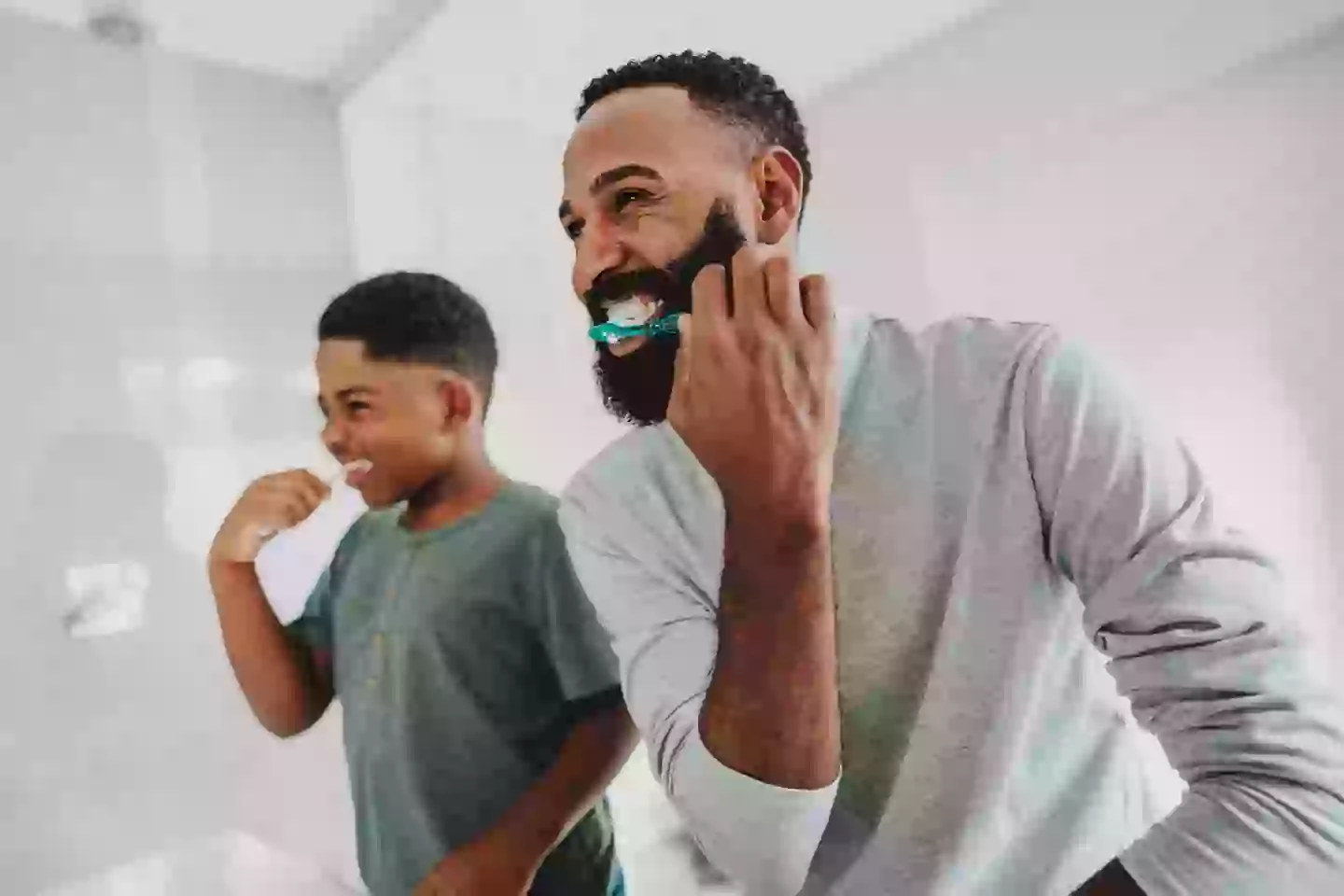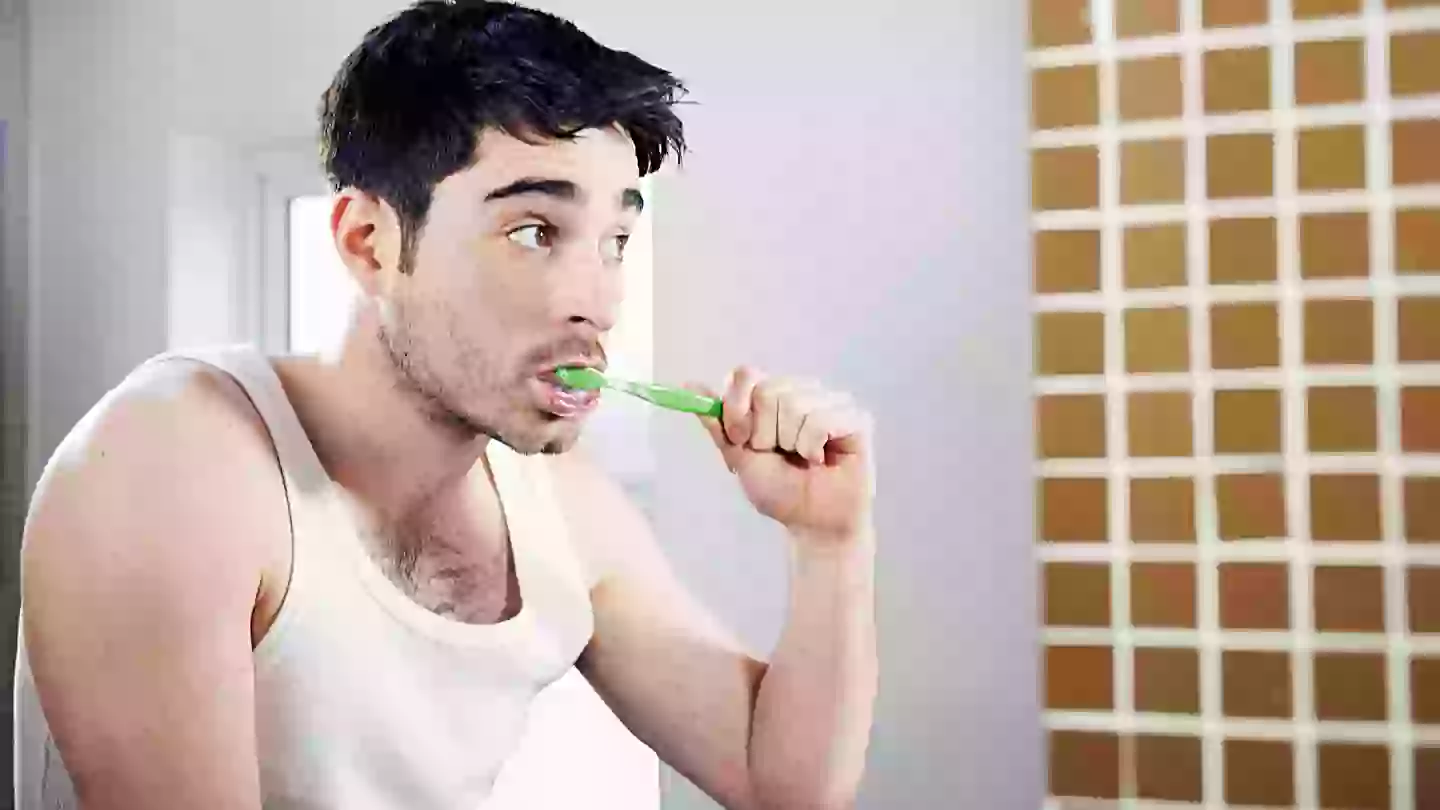Rinsing your mouth with water after brushing your teeth is a common practice, but experts suggest that it might actually be detrimental.
For many years, I followed this routine until my dentist advised otherwise. I managed to stop, though I admit flossing is still not part of my regular dental care routine.
Let’s be honest, flossing can feel time-consuming and awkward, leading many to skip it altogether. However, the reason to avoid rinsing immediately after brushing may surprise you.
We’ve previously reported that rinsing your mouth with water post-brushing should be avoided, as explained by Canadian dentist Dr. Arash Ravanbakhsh, owner of Inglewood Family Dental in Calgary, in an interview with the New York Post.

Dr. Ravanbakhsh advises, “Once you have finished brushing your teeth, you should spit out any residual toothpaste.”
He continues, “By rinsing your mouth with water immediately after brushing, you wash away the fluoride, which is there to help prevent things like tooth decay.”
Fluoride, a mineral added to public water systems in the US since the 1940s for oral health, is effective in reducing cavities and tooth decay.
The Centers for Disease Control and Prevention even cite water fluoridation as “one of the 20th century’s greatest public health achievements”.
Scottish dentists Clement Seeballuck and Nicola Innes from the University of Dundee discussed in an article for The Conversation the importance of not rinsing out fluoride.

They explain, “At night, you produce less saliva than during the day. Because of this, your teeth have less protection from saliva and are more vulnerable to acid attacks,” they wrote.
They further note, “That’s why it’s important to remove food from your teeth before bed so plaque bacteria can’t feast overnight. Don’t eat or drink anything except water after brushing at night. This also gives fluoride the longest opportunity to work.
“Once you’ve brushed, don’t rinse your mouth with water or mouthwash – you’re washing away the fluoride! This can be a difficult habit to break, but can reduce tooth decay by up to 25 percent.”
So there you have it, consider yourself informed!
Thankfully, adjusting this habit is not too challenging; it’s more about remembering to resist the urge to rinse while you’re still half asleep in the early mornings or late at night.

